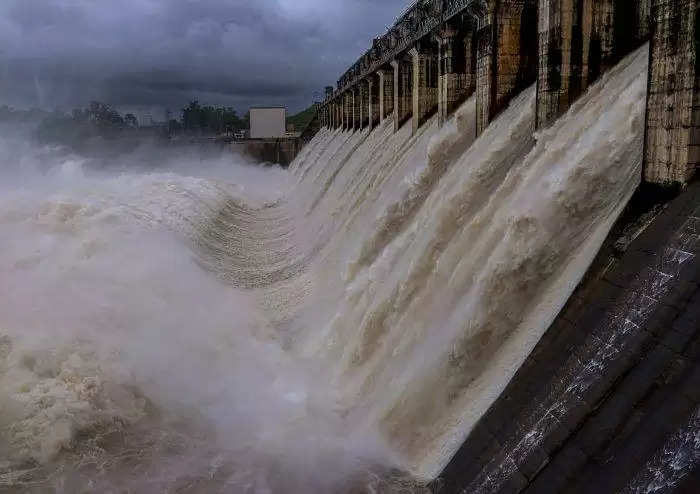China to build major dam on Brahmaputra river: Official

BEIJING:
China will build a major hydropower project on Brahmaputra river in Tibet and a proposal for this has been put forward in the 14th Five-Year Plan to be implemented from next year.
China will implement hydropower exploitation in the downstream of the Yarlung Zangbo River (the Tibetan name for Brahmaputra) and the project could maintain water resources and domestic security, chairman of the Power Construction Corp of China, Yan Zhiyong said.
“It will be a historic opportunity for the Chinese hydropower industry,” Yan said at the conference organised to celebrate the 40th anniversary of the founding of the China Society for Hydropower Engineering.
Details of the plan were expected to be released after the formal ratification by National People’s Congress (NPC) early next year.
Proposals for dams on the Brahmaputra have evoked concerns in India and Bangladesh, the riparian states, and China has downplayed such anxieties saying it would keep their interests in mind.
As a lower riparian State with considerable established user rights to the waters of the trans-border rivers, the Indian government has consistently conveyed its views and concerns to the Chinese authorities and has urged them to ensure that the interests of downstream states are not harmed by any activities in upstream areas.
Speculation about China planning to build a "super hydropower station" in Medog county, where the Yarlung Zangbo Grand Canyon is located, have circulated for years, the Global Times reported.
Medog is the last county in Tibet which borders Arunachal Pradesh.
Yan said the hydropower exploitation of the Yarlung Zangbo River downstream is more than a hydropower project.
The mainstream of the Yarlung Zangbo River has the richest water resources in Tibet Autonomous Region, according to a report.
Tibet has about 200 million kWh of water resources, accounting for 30 per cent of the total in China.
“It is a project for national security, including water resources and domestic security,” he said, noting that the project will also smooth cooperation with South Asia.
The hydropower station could generate income of 20 billion yuan (USD three billion) annually for the Tibet Autonomous Region, he added. (PTI)

















